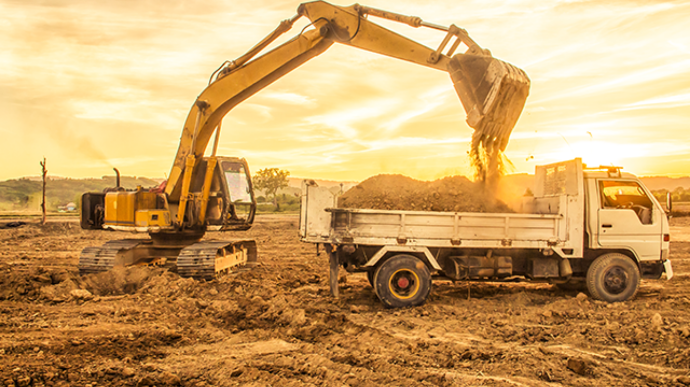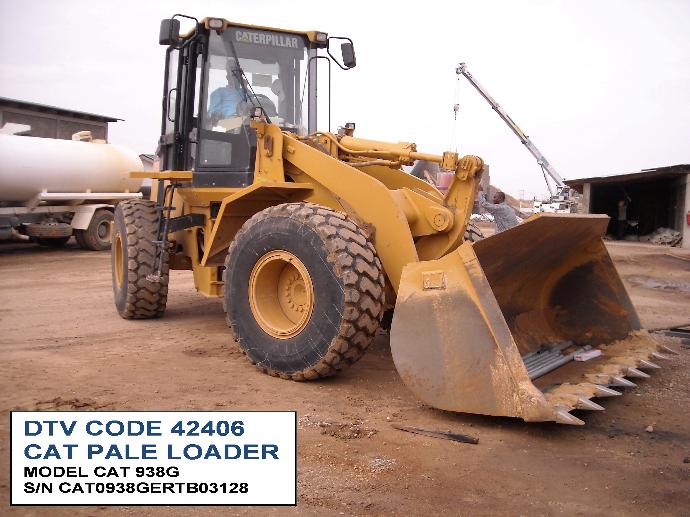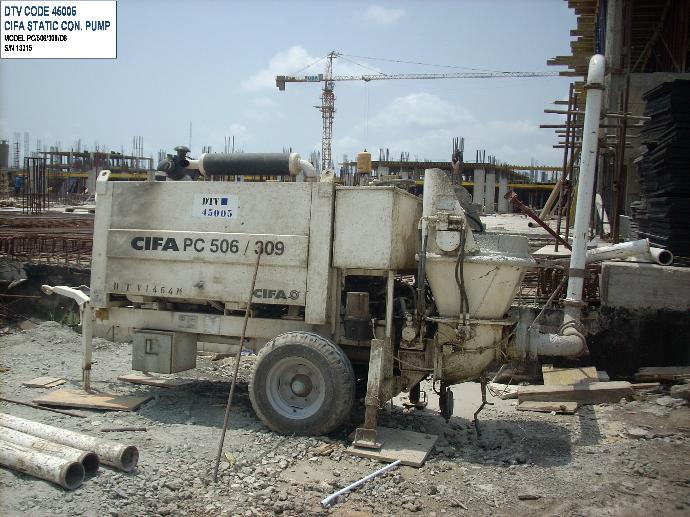GENERAL ROLE OF THE HYDRAULIC TECHNICIAN
The Hydraulic Technician is responsible to the Workshop Manager for for the installation, maintenance, repair, and troubleshooting of hydraulic systems
This is a temporary engagement, with the opportunity for the successful candidate to go on to a permanent position
SPECIFIC
RESPONSIBILITIES
- System Installation: Install new hydraulic systems, including pumps, motors, valves, hoses, and other components. Ensure proper alignment and integration of hydraulic components within the overall system
- Maintenance and Inspections: Conduct regular preventive maintenance on hydraulic systems to ensure optimal performance. Inspect and test hydraulic components for wear, damage, or potential issues
- Repairs and Troubleshooting: Diagnose and troubleshoot hydraulic system malfunctions. Perform repairs or replacements of faulty components to restore system functionality
- Fluid Management: Monitor hydraulic fluid levels and conditions. Perform fluid changes and filtration to maintain the cleanliness and integrity of the hydraulic fluid.
- Safety Compliance: Adhere to safety regulations and guidelines while working on hydraulic systems. Implement safety measures to protect both the technician and others in the vicinity.
- Documentation: Maintain accurate records of maintenance activities, repairs, and inspections. Create detailed reports outlining findings and recommendations.
- Testing and Calibration: Conduct tests to ensure the proper functioning and calibration of hydraulic systems. Make adjustments as necessary to meet performance specifications.
- Upgrades and Modifications: Evaluate hydraulic systems for potential upgrades or modifications. Implement changes to improve system efficiency or meet changing requirements
- Tool and Equipment Management: Maintain and organize tools and equipment used for hydraulic system maintenance. Ensure that tools are in good working condition and properly calibrated.
-
Team Collaboration: Collaborate with other technicians, engineers, and
relevant stakeholders. Work as part of a team to address complex hydraulic
system challenges.
- Quality Assurance: Uphold high-quality standards in all hydraulic system activities. Ensure that work meets or exceeds industry specifications and client expectations.
Required
Competencies, knowledge and Skills
-
Troubleshooting: Ability to diagnose and solve problems in hydraulic
systems
-
Installation and Repair: Proficiency in installing, maintaining, and
repairing hydraulic components and systems.
- Testing and Calibration: Skill in conducting tests and calibrating hydraulic systems for optimal performance
- Safety Awareness: Safety Procedures: Adherence to safety protocols and guidelines while working on hydraulic systems
- Emergency Response: Ability to respond effectively and safely to emergency situations
- Mechanical Skills: Mechanical Aptitude: Understanding of mechanical principles as they relate to hydraulic systems.
- Tool Proficiency: Skill in using a variety of hand tools, power tools, and diagnostic equipment.
- Problem-Solving: Analytical Thinking: Ability to analyze complex hydraulic issues and develop effective solutions.
- Decision-Making: Making sound decisions based on analysis and critical thinking.
- Communication Skills: Client Communication: Clear communication with clients about system issues, repairs, and maintenance.
- Team Collaboration: Working effectively with other technicians, engineers, and stakeholders.
- Documentation: Record Keeping: Accurate documentation of maintenance activities, repairs, and inspections.
- Adaptability: Flexibility: Being adaptable to different hydraulic systems, components, and work environments.
- Learning Ability: Willingness and ability to learn about new technologies and advancements in the field.
- Customer Service: Client Relations: Building positive relationships with clients and addressing their concerns
- Time Management: Efficiency: Completing tasks and assignments within specified time frames
-
Prioritization: Managing multiple tasks and priorities effectively
- Teamwork: Collaboration: Working well within a team to address complex hydraulic system challenges.
-
Quality Assurance: Attention to Detail: Ensuring high-quality standards
in all hydraulic system activities.
-
Precision: Performing tasks with accuracy and attention to detail.
Education and
Experience
-
3-5 years experience as Hydraulic
Technician
-
Post-Secondary Education,
Technical Training, Apprenticeships, Certifications, On-the-Job Training
- Associate Degree Programs or Degree (Optional)
What's great in the job?
- Great team of smart people, in a friendly and open culture
- Real responsibilities and challenges in a fast evolving company


